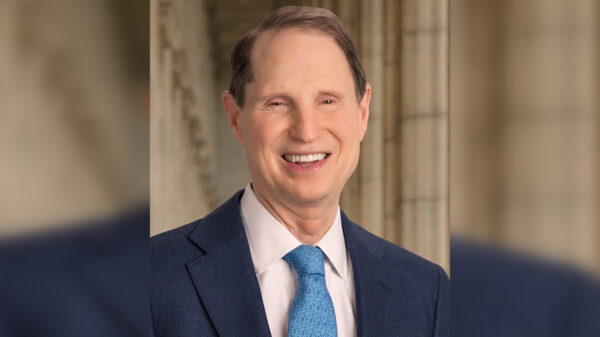UPDATE: The White House has announced a decisive move to eliminate terms like “gender ideology” and “trans ideology,” sparking intense debate across the country. Just days ago, the Texas A&M University System’s board of regents voted to prohibit professors from teaching courses that advocate for these ideologies without prior approval from the university president.
This decision follows a public outcry after a student recorded herself confronting a professor over alleged violations of “presidential laws” regarding gender ideology in a children’s literature course. The situation escalated quickly, leading to the professor’s firing and protests advocating for academic freedom.
WHY IT MATTERS NOW: The implications of this directive reach far beyond the classroom. It reflects a growing trend across the U.S. to restrict discussions surrounding gender identity and sexual orientation in educational settings. Politicians, including Texas Republicans, have labeled this as “TRANSGENDER INDOCTRINATION,” igniting a firestorm of controversy.
On President Donald Trump’s first day in office this year, he signed an executive order titled “Defending Women from Gender Ideology Extremism and Restoring Biological Truth to the Federal Government.” This order mandates the federal government replace the term “gender” with “sex” in policy documents, emphasizing a biological definition that dismisses the complexities of gender identity.
IMPACT ON INDIVIDUALS: One individual affected by these changes is Zaya Perysian, a content creator and transgender woman. She expressed concern over her government-issued passport identifying her as male, stating, “All the passport does is put me at risk.” Perysian’s experience underscores the personal stakes involved as federal and state policies increasingly define gender identity through a narrow lens.
Across the globe, the term “gender ideology” has gained traction among conservative governments and religious groups, particularly in Europe, Latin America, and now the U.S. A United Nations report highlights a coordinated effort to eliminate gender-inclusive language and policies, often framed as a defense of traditional family values.
The rhetoric surrounding “gender ideology” and “transgender ideology” has become prevalent in political discourse. Trump has vowed to eradicate these ideologies from various sectors, claiming they threaten children and societal norms. This language has been criticized for framing transgender identities as ideological constructs rather than legitimate expressions of identity.
As of May 2025, hate crimes against transgender individuals have surged by 14% compared to the previous year, with over half of anti-LGBTQ incidents specifically targeting transgender and gender-diverse people. The potential repercussions of this political campaign extend beyond rhetoric, as studies indicate that anti-trans laws correlate with increased suicide attempts among transgender youth.
WHAT TO WATCH FOR NEXT: The ongoing dialogue will likely influence educational policies and the treatment of transgender individuals across the United States. Experts warn that politicizing gender identity could lead to dire health consequences for vulnerable populations. Dr. Demetre Daskalakis, a former director at the CDC, cautions that “when ideology is prioritized over science, it risks the health and safety of entire communities.”
As the national conversation evolves, advocates urge citizens to remain vigilant against policies that undermine human rights and dignity. The stakes are high, and the urgency for action and awareness remains critical as this story develops.
Stay tuned as we continue to monitor the situation and its implications for individuals and communities nationwide.







































































